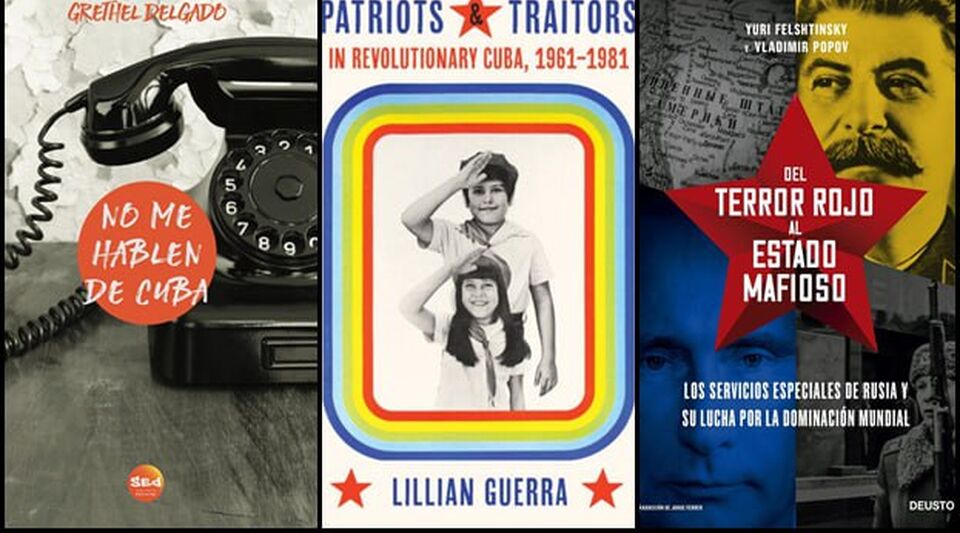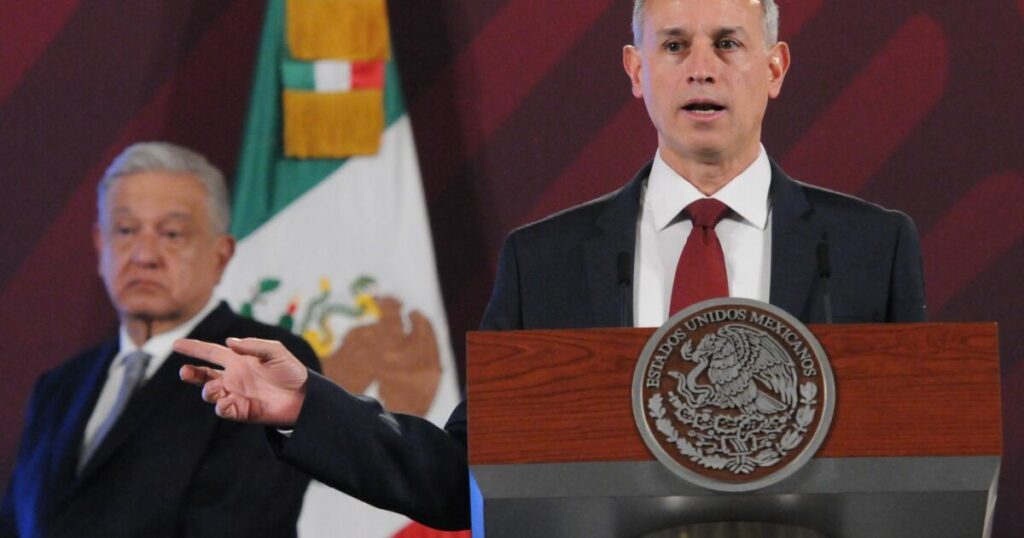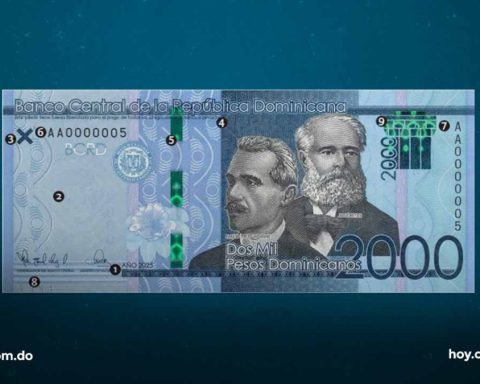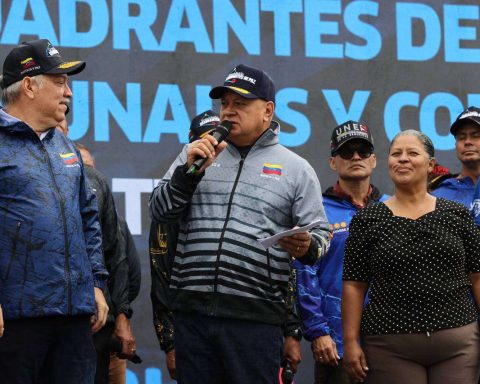Two events marked the discussions on Cuban literature this February: the Havana International Book Fair and the controversy over the documentary The Padilla case (2022), by Pavel Giroud. The Cuban authors, editors and translators also dealt with issues such as the return to the Island from exile and the Soviet imprint on the current Russian mafia.
Grethel Delgado described the story told by her novel as a “cursed return” Don’t talk to me about Cuba (Suburban), of which 14ymedio published the first chapter. The return “without any patriotic concept” to “see those she left behind” imprints on the narrator a “very bitter taste” and regret for having made too painful a journey to her roots.
detective novel Murder in the Havana Forest (Atlantis), by Rigoberto Menéndez, deals with the Arab, Lebanese, Syrian and Palestinian communities in Cuba in 1940. In the words of its author, the text intends to use a crime to inquire about a “cosmopolitan, plural Havana, inhabited by immigrants from all latitudes.
With Patriots and traitors in revolutionary Cuba 1961-1981 (Pittsburgh Press), Published in English, University of Florida professor Lillian Guerra examines “the structures of hegemony and control” with which Fidel Castro secured his power in the early years of the Revolution. To support his reasoning, Guerra points out that since 1959 the dichotomy “homeland or death” was imposed on Cuban society, which drew the division between the supporters of the regime and those who, since his “betrayal”, were stripped of all social weight. and political.
Many readers have missed a reissue of ‘Fuera del juego’, by Heberto Padilla, regarding the controversy that numerous intellectuals and artists have sustained
Many readers have missed a reissue of Out of the game (1968), by Heberto Padilla, regarding the controversy that numerous intellectuals and artists have sustained over the documentary The Padilla case. No publisher, on or off the island, has alluded to a possible update of the work that includes the impact of Giroud’s film on the current reading of the collection of poems.
The Cuban writer and specialist in Russian literature Jorge Ferrer, resident in Barcelona, announced the publication of the volume From red terror to the mafia state (Deusto), by Yuri Felshtinsky and Vladimir Popov. The volume, translated into Spanish by Ferrer, addresses the work of Russia’s special services as part of a “struggle for world domination.”
Also about the culture of this country was published the last soviet artist (Godall), by the Russian painter Victoria Lomasko, with a translation by the Cuban poet and essayist Ernesto Hernández Busto. According to the presentation note of the volume, it is the “involuntary testimony of how the intolerance of a regime can truncate the wishes of this artist and turn her, despite herself, into a symbol of struggle.”
The critic Jorge Luis Arcos was awarded this month with the Franz Kafka Essay Prize for his book The penalty [Relato caleidoscópico], a “fundamental contribution”, according to the jury, to the knowledge of the work of the poet Lorenzo García Vega. For its part, the French translation of the novel The fallenby the writer Carlos Manuel Álvarez, was awarded the Prix Carbet de la Caraïbe et du Tout-Monde 2023, which annually distinguishes the best Caribbean book published in French or Creole.
This February, Cuban readers went to the La Cabaña fortress and other spaces in Havana to participate in the International Book Fair
This February, Cuban readers went to the La Cabaña fortress and other spaces in Havana to participate in the International Book Fair. During the event, which was characterized by the absence of young people and a poor editorial offer, the Literary Criticism prizes were awarded, which was obtained for several books among which stand out the year it snowsby Ruben Rodriguez basementsby Leymen Pérez, and Ironby Carlos Celdran.
The official press itself was critical of the figures offered by the Cuban Book Institute. According to this institution, only 710,455 copies were sold –an amount that cubadebate defined as “considerable” – although they did not reveal the number of new titles printed by state publishers. The average cost of each book, he says, was 17 pesos, but the real cost of the books, verified by 14ymedio, was well above that price.
Readers also found very few attractive titles. It was not possible to buy at any of the stalls decent people (Tusquets), a thriller by Leonardo Padura that occupies the best-seller lists in Spain and Latin America, or the german girlthe novel by Armando Lucas Correa that sold one million copies worldwide this month.
________________________
Collaborate with our work:
The team of 14ymedio He is committed to doing serious journalism that reflects the reality of deep Cuba. Thank you for accompanying us on this long road. We invite you to continue supporting us, but this time becoming a member of our newspaper. Together we can continue transforming journalism in Cuba.

















